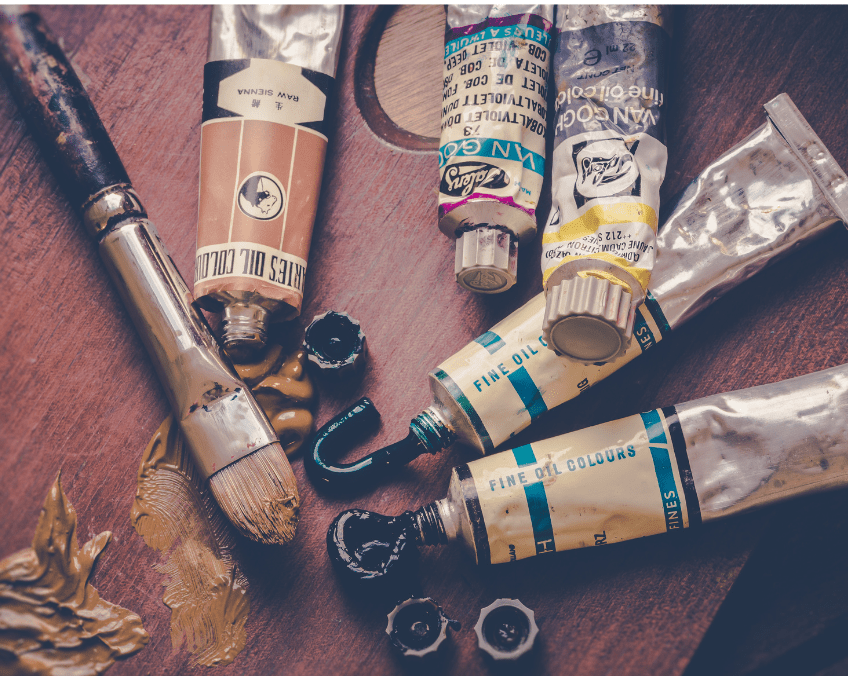Art therapy is often used in different settings, especially for those who are neurodivergent (think of those with autism or those with learning disabilities). In this article, we share the benefits of art therapy for treating addiction. That is, art therapy can help those with substance abuse disorders or addiction in their journey to healing.
It’s important to remember that healing doesn’t just happen through a single method like medication, but that healing involves holistic treatments like talk therapy, and in this case, art therapy. Trying different holistic treatments can help an individual find what works for them.
What is Art Therapy?
According to the American Psychological Association, art therapy is the use of different artistic methods and mediums to help individuals with healing. Artistic methods and mediums include drawing, painting, pottery, digital art, chalk art, and so much more. Each method has different benefits. These benefits are also unique to each individual.
The purpose in having individuals or groups try art therapy is to help them connect with different parts of themselves–especially parts of themselves that can’t be or are difficult to communicate in words. Think about it. Not everyone thinks in words; some people are better able to express themselves through visuals. So, art therapy recognizes this and meets individuals where they’re at.
How Does Art Therapy Help?
There are many benefits to art therapy in treating addiction or substance abuse. Below, we share 3 of those benefits.
- Art therapy provides a safe space to explore deeper issues.
Oftentimes, those who are struggling with addiction might avoid seeking treatment because they might not feel comfortable. They might avoid seeking treatment because they’re worried about being judged or feel like they don’t belong. With art therapy, the goal is to provide a safe, non-judgemental space where an individual can explore not only their relationship with addiction but also their relationships in all areas of their lives. Art therapy allows individuals to explore their past, their future aspirations, and their present.
- Art therapy can be more accomodating for those experiencing impairments
Addiction or substance abuse disorders often lead to impairments. For example, the DSM-5, a manual used by mental health professionals to diagnose different mental health conditions, lists social and physical impairments as a sign of addiction. What this means, is that a person with a substance abuse disorder often might struggle in social situations like on the job because of their addiction. With art therapy, an individual learns to adjust to social situations. They also learn to use their mind and body in a different way than they’re used to. For these individuals, art therapy helps them get outside of their comfort zone.
- Art therapy offers an alternative healthy coping mechanism.
Oftentimes, taking away an unhealthy coping mechanism like the reliance on substances, can lead to an individual with addiction feeling a gap in their lives. For example, if an individual is used to taking alcohol every time that they’re upset or agitated, then not being able to turn to alcohol to cope with those feelings leaves them to deal with uncomfortable feelings.
But with art therapy, the goal is to not only sit with uncomfortable emotions, but to also have a healthy coping mechanism. So, for example, learning to doodle or paint when they feel like they have nothing to do. As many researchers have found, simply coloring in a coloring book tends to help people feel less anxious or stressed out.
Art Therapy Can Help With Addiction
Art therapy can greatly help those with addiction and substance abuse disorders. At Knoxville Recovery, individuals will have the option to participate in various types of therapy and counseling, learning new coping mechanisms for dealing with addiction, get treated for any coexisting mental health problems, and learn to live a healthy life free of substance abuse. After treatment, it is highly recommended to join a 12 step program or other support groups to help prevent relapse and continue recovery outside of treatment programs. If you are struggling with substance abuse do not hesitate to reach out today.










